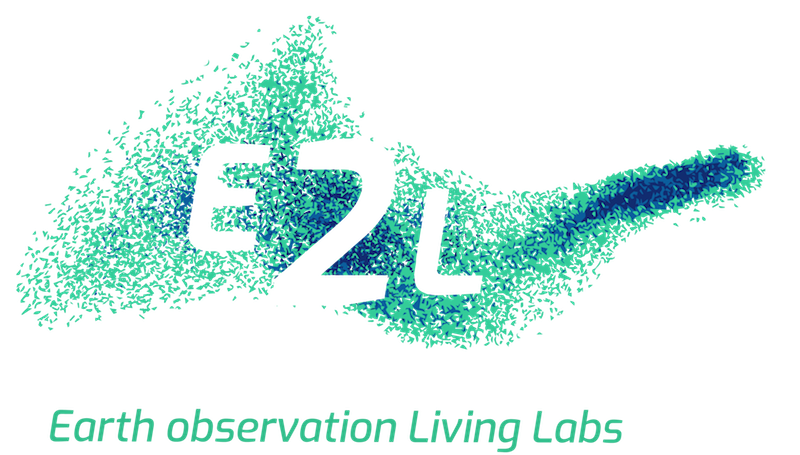Step 1: The collaboration between laboratory and territory project
Include innovation in the territory’s sustainable development strategy.
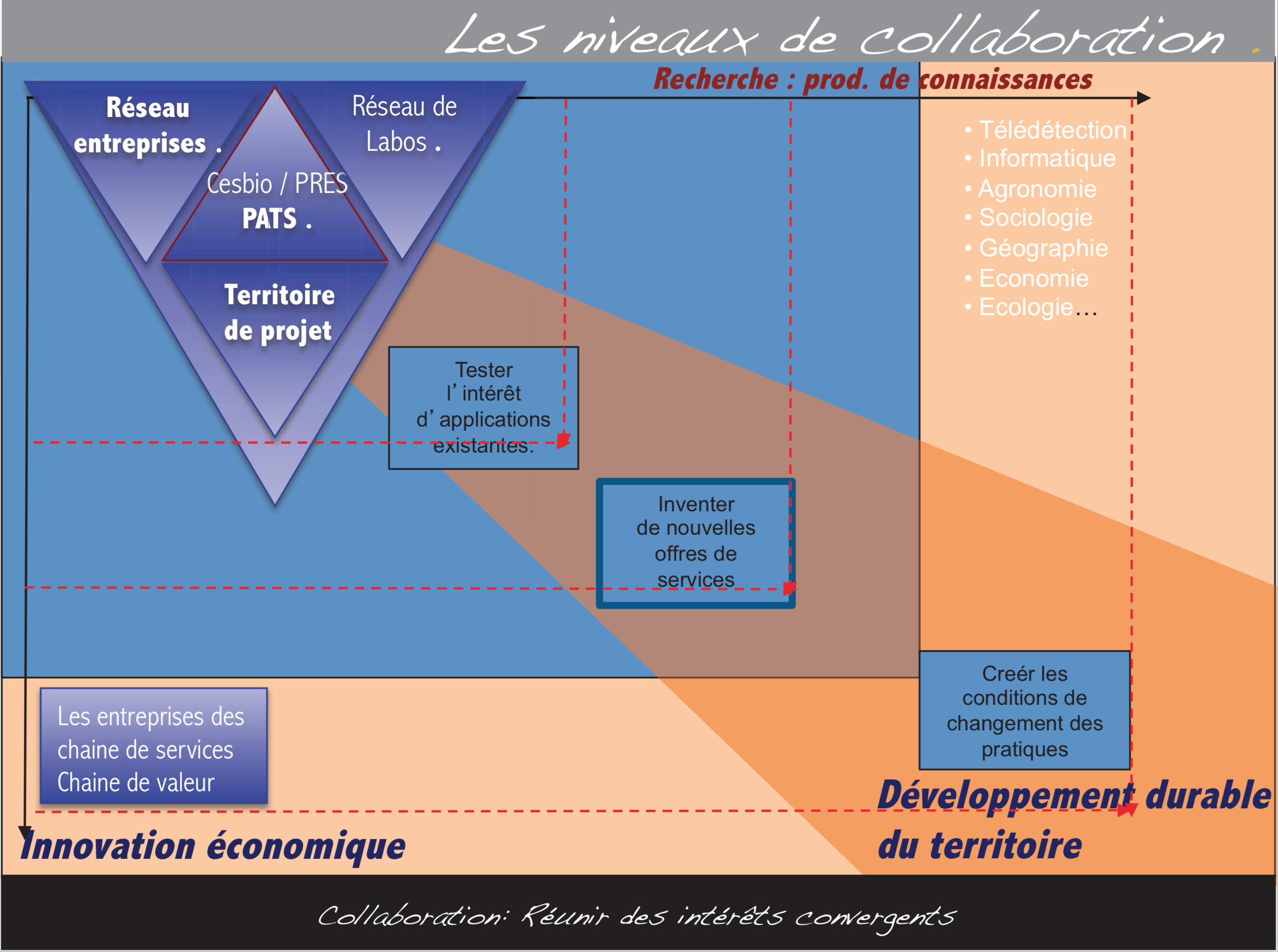
Originally, the PATS *, a construction since 2006
* Pole of application of remote sensing techniques
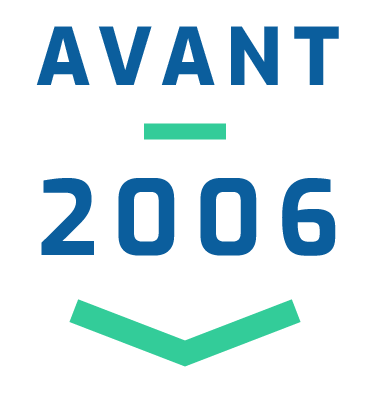
OSR Test areas and experiences with farmers.
-
A longitudinal monitoring and data accumulation

Launch of the PATS Project (Pays des Portes de Gascogne)

RITA : Validation of the Living Lab methodology and process

Experimentation with the framework of the PLU and the Green corridor
Agroforestery
Proof of concept

Experimentation: Inter-communal grouping and focus on the Green corridor’s hiking trails
Tourism
One experimentation per year, with local inhabitants

Experimentation in Agriculture : Expérimentation-Agriculture : SATERRE project – Qualification of agronomic potential of land. Inter-municipal grouping and focus on the Green corridor hiking trails
Agricultural services
One experimentation per year, with local inhabitants

Hemp and circular economy – from the Hemp’s agrochain to a strategy of innovation
innovation
One experimentation per year, with local inhabitants

GHG / Plant cover – partnership with INRA CESBIO for a proposal of territorial tools
Territory

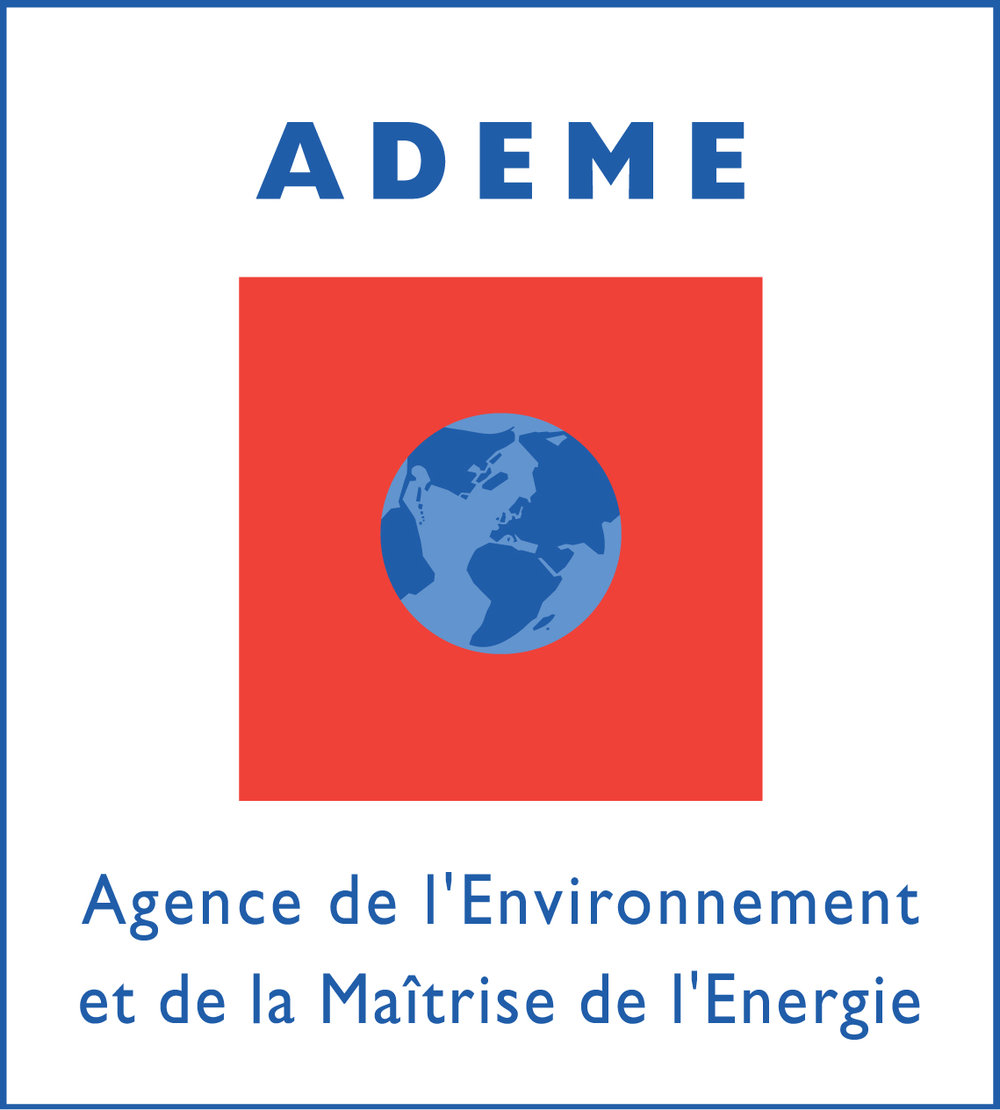
One experimentation per year, with local inhabitants

Management of water resources and climate change, in partnership with CACG and AGROD’OC

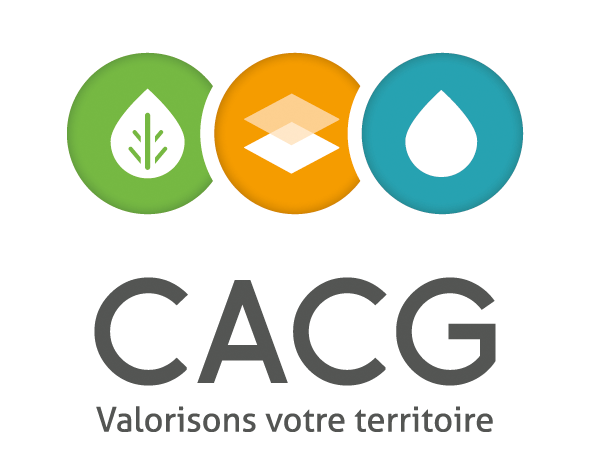
Methodological progress
Step 2: The collaboration “Territorial ecosystem of innovation”
Include innovation in the territory’s sustainable development strategy.
Presentation at Entretiens Jacque Cartier, about “Innovations collectives : Quels impacts sur les pratiques et les métiers pour les projets de demain ?”, took place the 17 October 2017. https://www.centrejacquescartier.com/les-entretiens/details/entretien/innovations-collectives/

* Pole of application of remote sensing techniques

OSR Test areas and experiences with farmers.
-
A longitudinal monitoring and data accumulation

Launch of the PATS Project (Pays des Portes de Gascogne)

RITA : Validation of the Living Lab methodology and process

Experimentation with the framework of the PLU and the Green corridor
Agroforestery
| Proof of concept |

Experimentation: Inter-communal grouping and focus on the Green corridor’s hiking trails
Tourism
| One experimentation per year, with local inhabitants |

Experimentation in Agriculture : Expérimentation-Agriculture : SATERRE project – Qualification of agronomic potential of land. Inter-municipal grouping and focus on the Green corridor hiking trails
Agricultural services
| One experimentation per year, with local inhabitants |

Hemp and circular economy – from the Hemp’s agrochain to a strategy of innovation
innovation| One experimentation per year, with local inhabitants |

GHG / Plant cover – partnership with INRA CESBIO for a proposal of territorial tools
Territory


| One experimentation per year, with local inhabitants |

Management of water resources and climate change, in partnership with CACG and AGROD’OC


| Methodological progress |
Step 2: The collaboration “Territorial ecosystem of innovation”
Presentation at Entretiens Jacque Cartier, about “Innovations collectives : Quels impacts sur les pratiques et les métiers pour les projets de demain ?”, took place the 17 October 2017. https://www.centrejacquescartier.com/les-entretiens/details/entretien/innovations-collectives/
